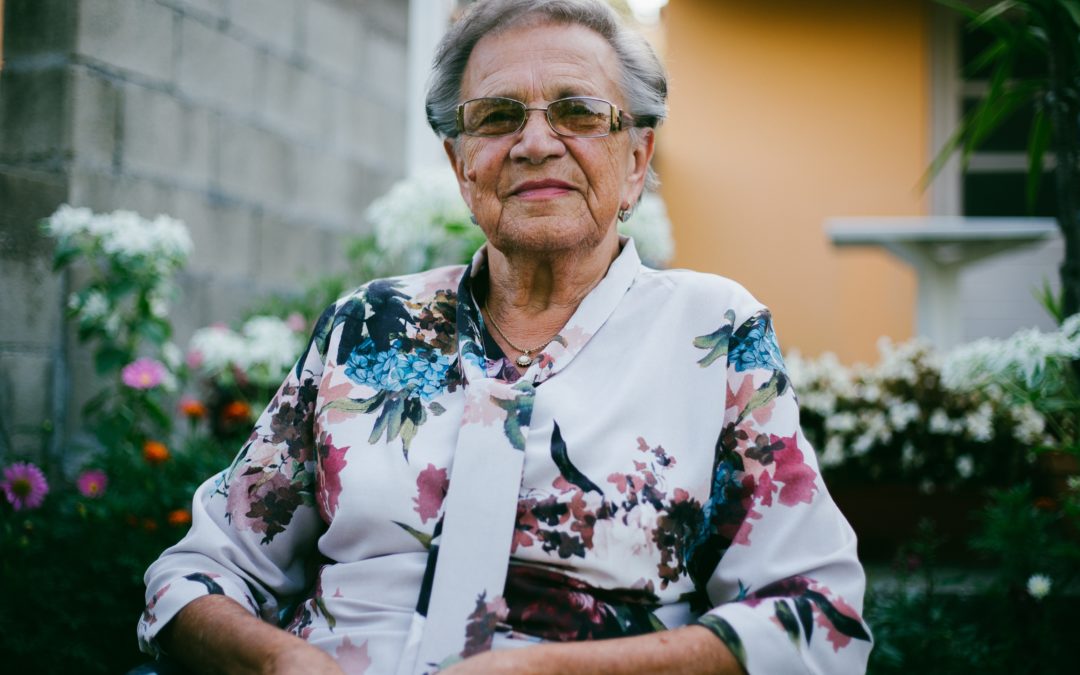The majority of seniors say they want to age in place, meaning they want to stay in their homes as long as possible. They envision a dream retirement filled with relaxation and, if necessary, assistance from loved ones. However, for seniors and their loved ones, this is not always a feasible eldercare strategy.
Aging in place isn’t as simple as it appears. Over 60% of seniors will require long-term care, including services that family members are unskilled in or are unable to provide. In addition, caring for a loved one can be difficult. Caregivers face substantial physical and emotional health problems as a result of caregiver burnout regularly. Most family members can get exhausted, disillusioned and even experience clinical depression as a result of providing care. It may also make it impossible for them to have a steady, healthy relationship with their senior loved one.
The right eldercare plan can help you as a caregiver by meeting your loved one’s needs and preserving their independence for as long as possible.
When It Comes to Elder Care, It Isn’t What You Expect
Some seniors are certain that assisted living should not be included in their retirement benefits. Senior living homes, on the other hand, are frequently the ideal places to retire! These active communities provide socialization and a focus on overall wellness thanks to first-class amenities and support services.
In senior retirement communities, seniors live longer and happier lives. With so many options, it’s simple to make healthy, life-affirming decisions. You won’t have to call a friend, coordinate with them and then drive to them. Instead, simply take a stroll down the corridor. Forget about looking through the calendar at your local community college for senior-friendly exercise programs or hobbyist gatherings. Instead, simply go to the community’s lobby or restaurant.
Consider taking a senior loved one on a tour of a senior living community if they are reluctant to discuss their eldercare options. Dispelling senior living myths can help your loved ones feel more at ease and encourage them to make decisions that will benefit them in the long run.
The search for the best eldercare solution can be overwhelming. Taking a look at your possibilities is a fantastic resource. Here are a few examples:
A nurse or a licensed nursing assistant who will provide in-home care. This option gives seniors who only want assistance for a few hours per week more flexibility. It’s also a good option for family caregivers who need a break. However, in-home care can be costly if your loved one needs significant care and doesn’t reside near you. Furthermore, this solution does not address the social and recreational needs of your loved one.
Caring for family members. Your loved one can be looked after by you or another family member in your home or theirs. This option is best for seniors who are relatively self-sufficient and only require minor assistance.
If your loved one has many demands, you might need to combine family assisted care with alternative options like adult day care or respite care. Although this choice may appear ideal, seniors who live alone might sometimes feel lonely and socially isolated. Unfortunately, social isolation has been related to various adverse health outcomes, including rapid cognitive decline and even mortality.
Assisted living. Senior living provides all-in-one care and activity that is personalized to the needs of your loved one. Most retirees can afford to live in these communities because they provide peace of mind, individualized care and healthy socialization.
If you’re not sure which option is best for you or your loved one, contact local care providers to inquire about pricing and services. This will allow you to narrow down your choices and get a sense of what’s available in your area.
Where to Begin
It’s time to start matching your loved one’s needs to the various options once you’ve selected which option is ideal for them. Don’t decide without consulting your loved one. Instead, discuss senior life with them. This talk might be challenging, especially if your loved one refuses to accept assistance.
To begin the discussion, start with the facts, no blame or feelings. Tell your loved one what you believe they require, and then inquire about what they think they need. Ask them to offer their own assessment and plan if they disagree with yours. Asking someone to provide an option can sometimes help to steer the debate in the proper direction.
When you and your loved one have decided on the best course of action, work together to create a list of their future objectives. Then make a list of the different senior care choices you’ve discovered. Finally, reduce your options to those that meet all, or at least the majority, of your loved one’s requirements.








